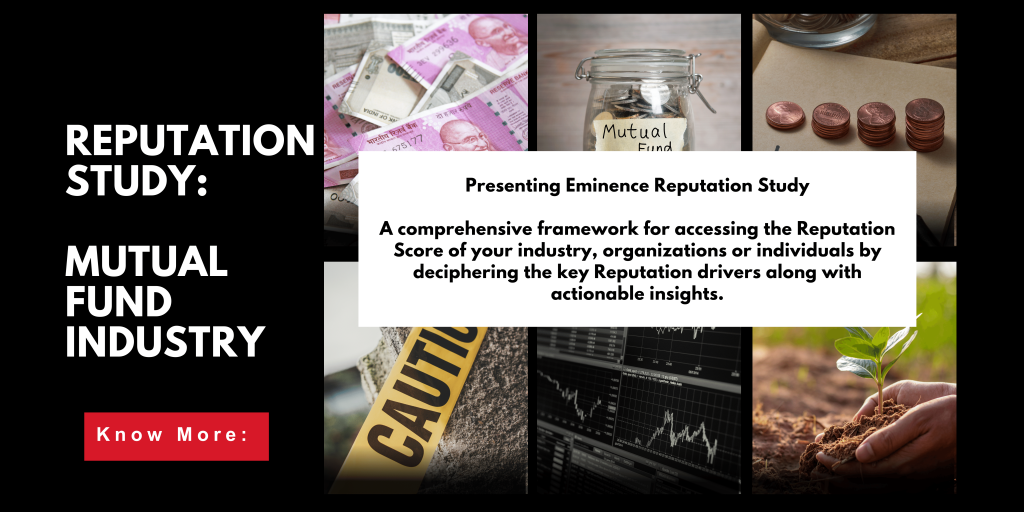
With the changing business landscape, a company’s reputation has begun to matter more now than it has in decades.
Reputation is an indirect result of anything and everything that we do. It is the sum of all our actions, that is reflected in the way our stakeholders treat us or interact with us.
Hence, regardless of the situation, companies need to step up their reputation management efforts by trying to better the customer experience journey.
Now more than ever, it will be our action at all touchpoints, that will result in our brand reputation.
We live in a world where people have an insatiable urge to share everything on social media – what they experience and as they experience it, in real-time. The downside is, this reality has created some major challenges for corporates and their crisis management strategy.
Social media, the real-time news cycle and mobile technology have come together and transformed the landscape for crisis management.
They have presented companies with some major challenges, such as the heightened speed with which they need to respond and communicate with the outside world.
In today’s age, everything is public, and this real-time cycle makes it difficult for brands to get ahead of the story before the story is already ahead of them.
Like it or not, these are today’s realities. Therefore, any successful reputation management efforts depend on the company’s ability to manage the real-time challenges that this digital age presents, while simultaneously managing the actual physical crisis in real time.
In such a situation, the sustained energies put into creating a positive perception for the brand through proactive storytelling – about its CSR initiatives, the gaps its products and services and filling and the lives it is transforming in the process – can be a real differentiating factor.
As a result of the brand initiatives taken to build trust and credibility at every single touchpoint, when crisis strikes, a positive reputation built through sustained efforts acts as a cushion that protects the company to sail through difficult times.
Hence, to ensure that both digital and physical efforts work in tandem to produce desirable results, the organisation’s response force needs to know when to communicate, how to communicate and where to communicate during a crisis. And this ability to communicate effectively is developed and honed only if the brand adopts a proactive strategy every single day to instill trust in its various stakeholders.
When things go awry, this reputation built and nurtured over a period of time allows the company not only a little extra time to respond, but also their stakeholders are also more receptive towards their communication and eventually more forgiving towards errors, if any.
Even as reputation management takes centre stage as a key business issue in most organisations, it’s important that they adopt a focused approach to optimally use the tools at their disposal to build credentials that drive financial and societal returns.

